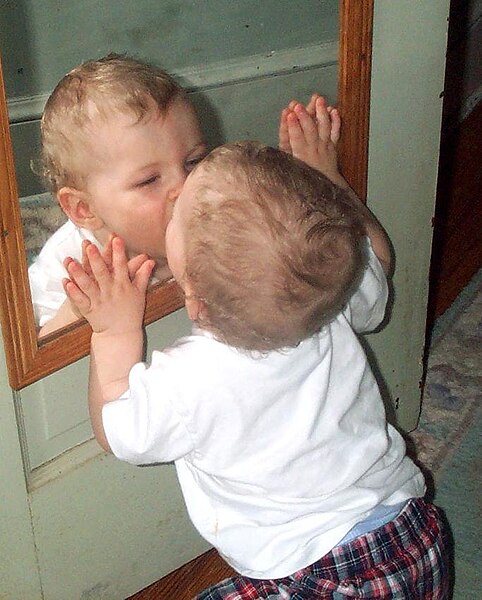A laboratory is a facility that provides controlled conditions in which scientific or technological research, experiments, and measurement may be performed. Laboratories are found in a variety of settings such as schools, universities, privately owned research institutions, corporate research and testing facilities, government regulatory and forensic investigation centers, physicians' offices, clinics, hospitals, regional and national referral centers, and even occasionally personal residences.
The Schuster Laboratory, University of Manchester (a physics laboratory)
Laboratory, Brecon County School for Girls
Chemistry laboratory of the 18th century, of the sort used by Antoine Lavoisier and his contemporaries
Thomas Edison in his laboratory, 1901
An experiment is a procedure carried out to support or refute a hypothesis, or determine the efficacy or likelihood of something previously untried. Experiments provide insight into cause-and-effect by demonstrating what outcome occurs when a particular factor is manipulated. Experiments vary greatly in goal and scale but always rely on repeatable procedure and logical analysis of the results. There also exist natural experimental studies.
Even very young children perform rudimentary experiments to learn about the world and how things work.





